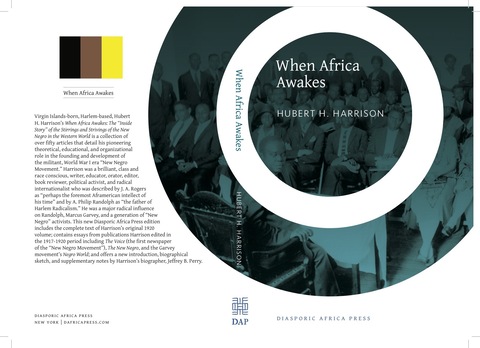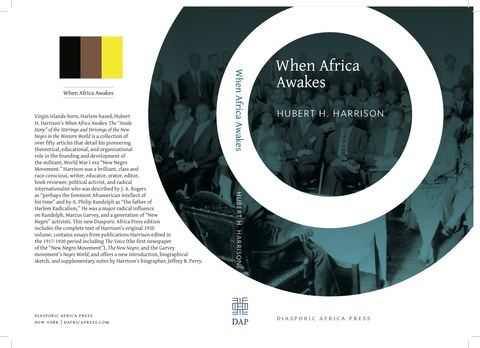[This “Letter of Support” from Jeffrey B. Perry and Gene Bruskin was sent to the “New York Times” regarding the Princeton University Student Protests and Woodrow Wilson. The “Times” indicated that they were preparing to publish a shortened version of the letter (probably in the November 24, 2015 issue).
The November 24, 2015, issue of the “New York Times” (under the headline “Erase Wilson’s Name at Princeton?”) did not publish the shortened form of this letter, but did publish other letters by Howard Schneiderman, Herb Boyd, Michael A. Feirstein, and Daniel Wolf.]
November 20, 2015
To: The “New York Times”
Dear Editor:
In 1964 as Princeton freshmen we were told that Woodrow Wilson had been a leading Progressive, a proponent of “Democracy,” and a champion of self-determination abroad. It is good to see students today challenging that picture (“Students Want Woodrow Wilson’s Name Removed From Princeton,” November 19, 2015).
Wilson’s record was deplorable on the “race question.” He cut back federal appointments of African Americans; supported showings of the white-supremacist film "The Birth of a Nation" for himself, his Cabinet, Congress, and the Supreme Court; stood by silently as segregation was formalized in the Post Office, Treasury, Interior, Bureau of Engraving and Printing, and Navy; did nothing as almost two dozen segregation-supporting legislative attempts including exclusion of Black immigrants, segregation of streetcars, and a ban on inter-racial marriages in the District of Columbia were introduced in the House and Senate; and declined to use any significant power of office to address lynching, segregation, and disfranchisement (which marred the land) and the vicious white-supremacist attacks on twenty-six African American communities including Washington, DC, Chicago, and East St. Louis that occurred during his administration.
Under Wilson the U.S. not only implemented the Espionage Act of 1917, the Sedition Act of 1918, and the Palmer Raids of 1919-1920, it also occupied Haiti, the Dominican Republic, Cuba, and Nicaragua and intervened in Panama, Honduras, and Mexico. Nevertheless, Wilson ran for President in 1916 on a campaign slogan “he kept us out of war,” posed before the world as a champion of democracy, and prated of “the rights of small nationalities,” of “self-determination,” and of “the right of all who submit to authority to have a voice in their own government.” In addition to the awful horrors let loose on small countries pre-war, in the postwar period he also helped to pave the way for partition, occupation, and conquest in the Middle East and Africa and for future wars.
There were contemporaries of Wilson, people like the intellectual/activist Hubert Harrison, the founder of the first organization (the Liberty League) and first newspaper (“The Voice”) of the militant “New Negro Movement,” who saw through the misleading portrait of Wilson so often found in the media and history books. Harrison understood that while lynching, segregation, and disfranchisement marred this land, and while the U.S. brazenly attacked smaller countries, “Wilson's protestations of democracy were lying protestations, consciously, and deliberately designed to deceive.” At the founding meeting of the Liberty League in June 1917, Harrison posed a direct challenge to Wilson who had claimed the U.S. was entering World War I in order to “Make the World Safe for Democracy.” Harrison’s mass meeting was called, as its organizational flyer headlined, to "Stop Lynching and Disfranchisement in the Land Which We Love and Make the South 'Safe For Democracy.'" A month later Harrison led a second major Harlem rally to protest the white supremacist “pogrom” (his word) in East St. Louis, Illinois (15 miles from Ferguson, Missouri).
We are glad that the Black Justice League is raising some of these issues, opening the eyes of many, and helping to point the way forward in the 21st century.
Dr. Jeffrey B. Perry ‘68
Author of “Hubert Harrison, The Voice of Harlem Radicalism, 1883-1918” (Columbia University Press) and editor of the new expanded edition of Hubert H. Harrison, “When Africa Awakes: The ‘Inside Story’ of the Stirrings and Strivings of the New Negro in the Western World” (Diasporic Africa Press)
Gene Bruskin ‘68
Founder, U.S. Labor Against the War
Trade Unionist
Read More

